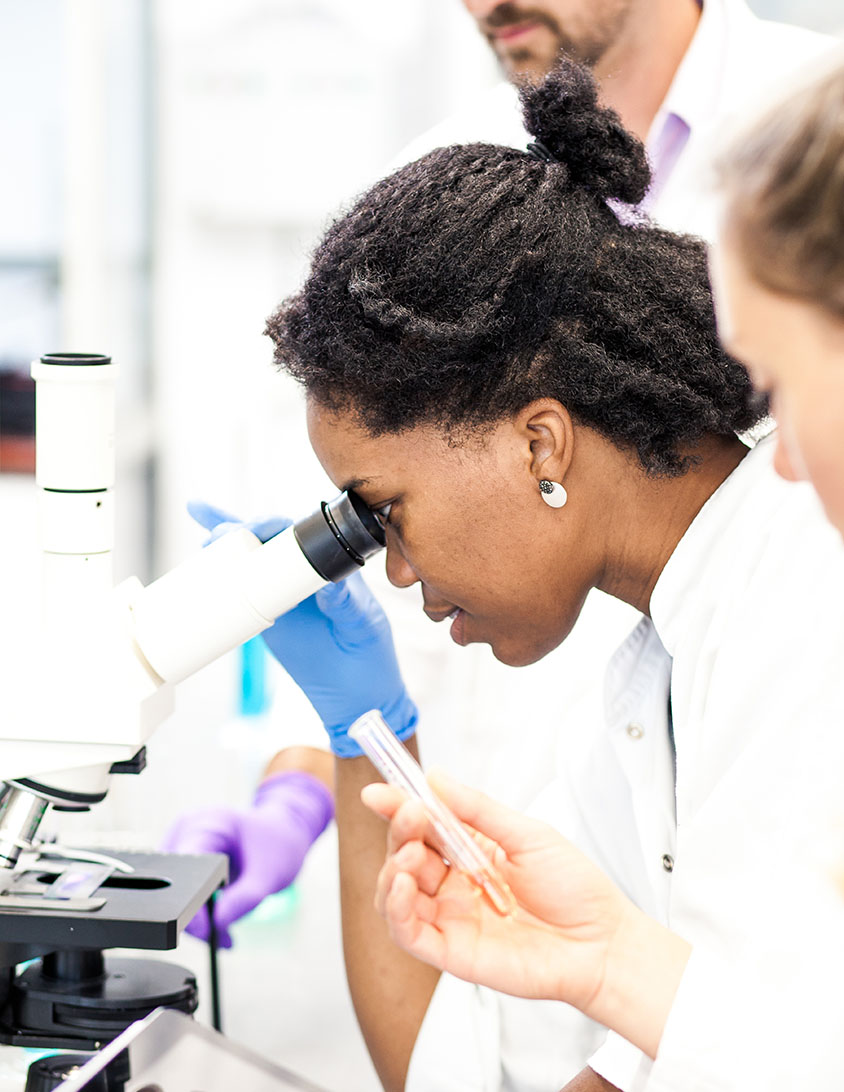Metabolic Myopathies
Lactate dehydrogenase deficiency
What is lactate dehydrogenase deficiency (glycogenosis type 11)?
This disease is a metabolic muscle disorder, a group of diseases that interferes with the processing of food (in this case, carbohydrates) for energy production.
What are the symptoms of lactate dehydrogenase deficiency?
Lactate dehydrogenase deficiency results in exercise intolerance and episodes of myoglobinuria (acute muscle breakdown leading to rust-colored urine). A skin rash is common, probably because skin cells need lactate dehydrogenase.
What causes lactate dehydrogenase deficiency?
The disease is caused by a genetic defect in the lactate dehydrogenase enzyme, which normally recycles byproducts of carbohydrate metabolism. For more, see Causes/Inheritance.
What is the progression of lactate dehydrogenase deficiency?
The condition has its onset in early adulthood and does not progress.
What is the status of research on lactate dehydrogenase deficiency?
Researchers on metabolic diseases of muscle are making progress on a number of fronts, including:
- better diagnosis to allow for earlier identification of at-risk individuals and earlier treatment;
- continued examination of the role of exercise and diet in metabolic diseases;
- development of animal models of metabolic diseases, both to improve understanding of the diseases and to test possible treatments;
- development of enzyme replacement therapies; and
- development of gene therapies.

